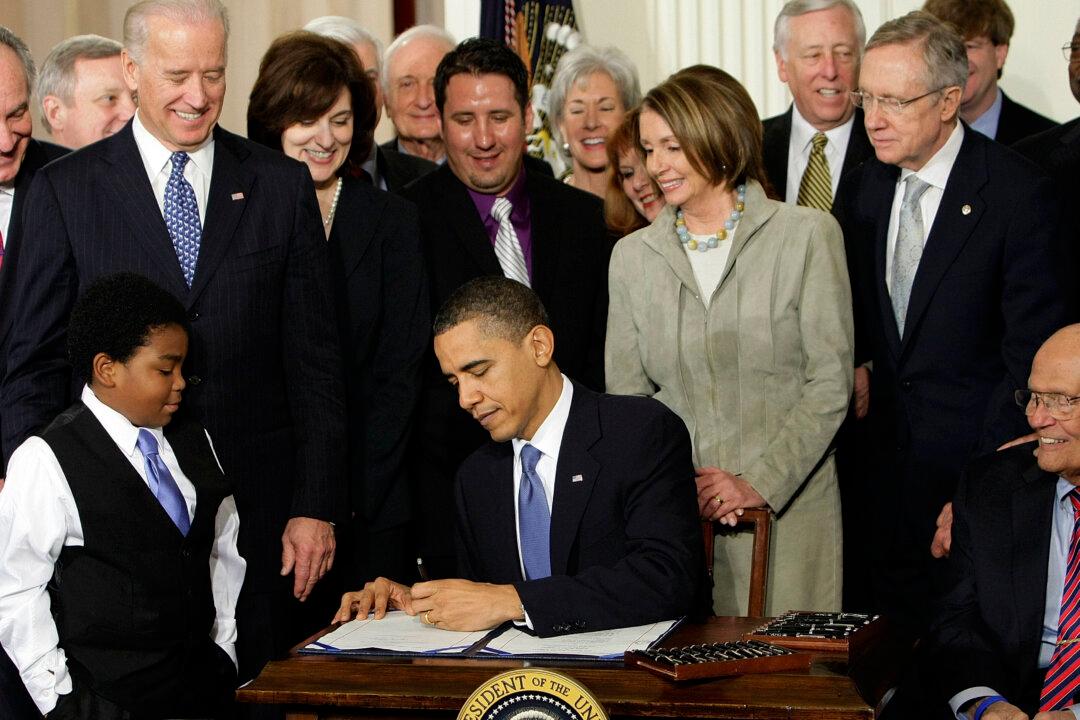WASHINGTON—Democrats are racing to pass President Joe Biden’s economic relief bill by mid-March, amid doubts about the price tag of the package. Buried in the $1.9 trillion stimulus bill is an expansion of Obamacare insurance subsidies, which could provide thousands of dollars to wealthy families who have been least hit by the pandemic, according to critics.
Democrats aim to make the Affordable Care Act’s (ACA) premium subsidies available to more people through the end of 2022. It also expands the amount of those subsidies for currently eligible people.





